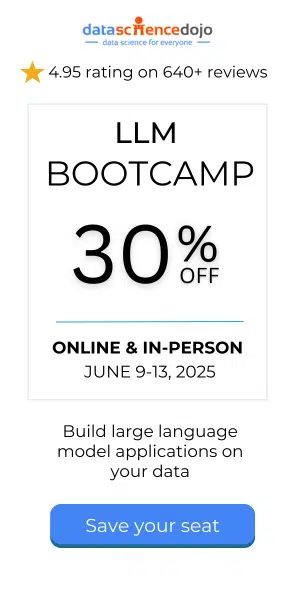Information experts and information researchers address two of the most sought-after, lucrative positions in 2022. The World Financial Gathering Fate of Occupations Report 2020 recorded these jobs as number one for expanding requests across businesses, followed promptly by artificial intelligence and AI subject matter experts and large information experts.
While there’s unquestionably a lot of interest in information experts, it may not be generally clear what the thing that matters is between an information examiner and an information researcher. The two jobs work with information, however, they do as such in various ways.
Information examiners and information researchers: What do they do?
One of the greatest contrasts between information examiners and researchers is how they manage information.
Information experts normally work with organized information to tackle unmistakable business issues utilizing devices like SQL, R, or Python programming dialects, information perception programming, and factual examination. Normal errands for an information examiner could include:
Read about: Top Python packages for data science
- Teaming up with hierarchical pioneers to distinguish instructive requirements
- Procuring information from essential and optional sources
- Cleaning and rearranging information for examination
- Examining informational indexes to recognize patterns and examples that can be converted into noteworthy bits of knowledge
- straightforwardly introducing discoveries to illuminate information-driven choices
Understand more: How Does an Information Examiner Respond? A Lifelong Aide
Information researchers frequently manage the obscure by utilizing further developed information strategies to make expectations about what’s to come. They could mechanize their own AI calculations or plan prescient displaying processes that can deal with both organized and unstructured information. This job is for the most part thought to be a further developed variant of an information expert. Sometime in the future, today’s assignments could include:
- Assembling,
- Cleaning, and
- Handling crude information
Planning prescient models and AI calculations to mine enormous informational indexes:
- Creating apparatuses and cycles to screen and dissect information exactness
- Building information perception apparatuses, dashboards, and reports
- Composing projects to mechanize information assortment and handling
Information science versus examination: Instructive necessities
Most information expert jobs expect a four-year college education in a field like math, measurements, software engineering, or finances like usdt wallet. Information researchers (as well as many high-level information examiners) commonly have an expert’s or doctoral certificate in information science, data innovation, math, or measurements.
While a degree has been the essential way toward a profession in information, a few new choices are arising for those without a degree or experience. By procuring an Expert Endorsement in information examination from Google or IBM, both accessible on Coursera, you can fabricate the abilities important for a section-level job as an information examiner in under a half year of study.
Endless supply of the Google Declaration, you’ll approach an employing consortium of more than 130 organizations. If you’re simply beginning, functioning as an information expert initially can be an effective method for sending off a profession as an information researcher.
Information abilities for researchers and investigators:
Information researchers and information investigators both work with information, yet every job utilizes a somewhat unique arrangement of abilities and devices, just like using the best Italian adblocker. Numerous abilities associated with information science work off those information experts use. This is a gander at the way they look at it.
Information science is the space of study that deals with immense volumes of information utilizing present-day instruments and procedures to track down inconspicuous examples, determine significant data, and pursue business choices. Information science utilizes complex AI calculations to construct prescient models.
The information utilized for the examination can emerge from a wide range of sources and be introduced in different organizations.
Since it has become so obvious what information science is, how about we see the reason information science is vital for the present IT scene?
The information science lifecycle:
Since it has become so obvious what information science is, next up let us center around the information science lifecycle. Information science’s life cycle comprises five unmistakable stages, each with its errands:
The catch: Information Procurement, Information Passage, Signal Gathering, and Information Extraction. This stage includes gathering crude organized and unstructured information.
Keep up with: Information Warehousing, Information Purging, Information Organizing, Information Handling, and Information Engineering. This stage covers taking the crude information and placing it in a structure that can be utilized.
Process: Information Mining, Grouping/Order, Information Displaying, Information Outline. Information researchers take the pre-arranged information and analyze its examples, ranges, and inclinations to decide how helpful it will be in prescient examination.
Break down: Exploratory/Corroborative, Prescient Examination, Relapse, Text Mining, Subjective Investigation. Here is the genuine meat of the life cycle. This stage includes playing out the different investigations of the information.
Impart information announcing: Refers to information representation, business insight, and an independent direction. In this last step, examiners set up the examinations in effectively meaningful structures like outlines, charts, and reports.




